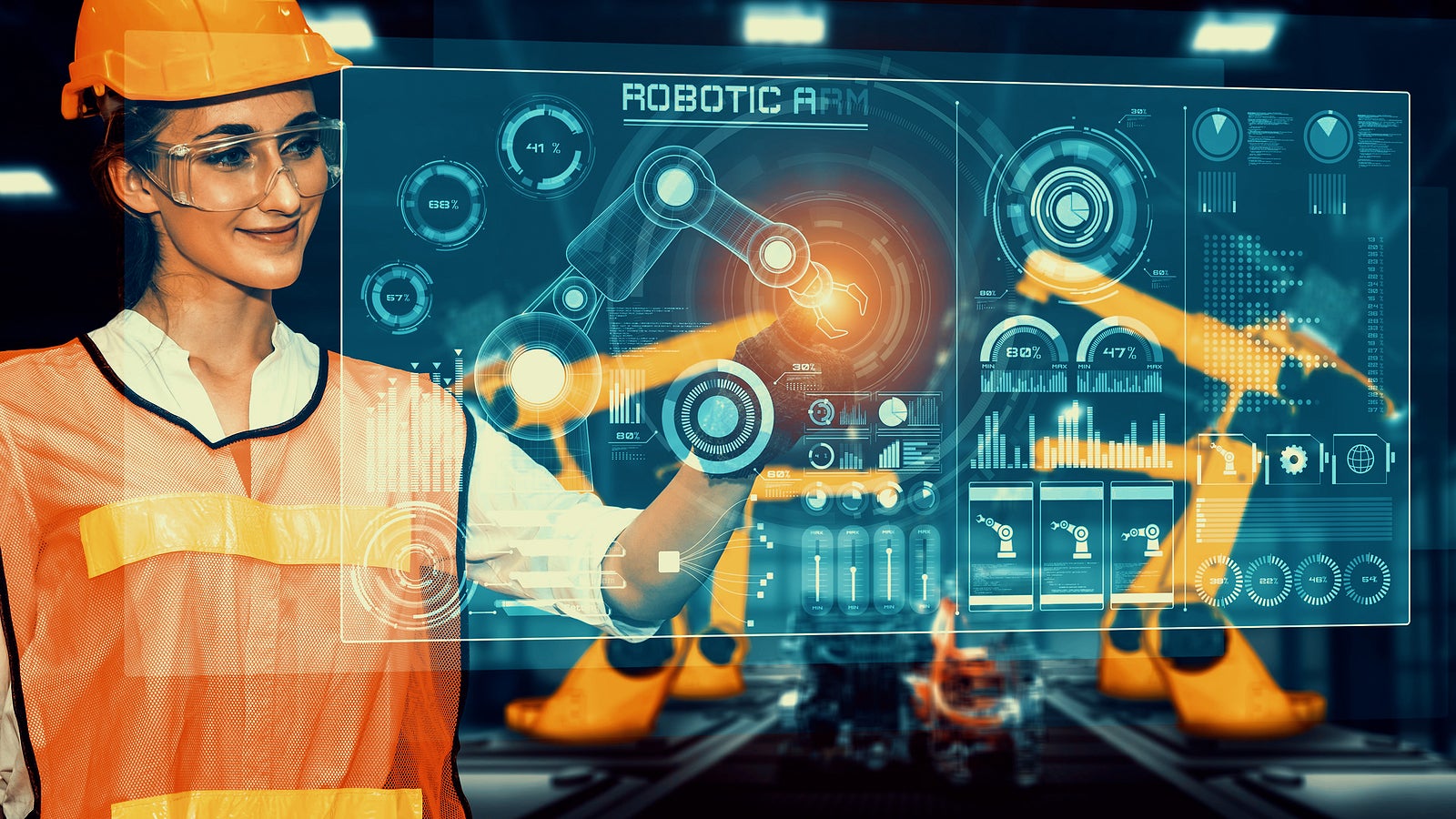
To say that the world of work has changed in the last few years would be a dramatic understatement. Since the global pandemic turned everything upside down at the start of 2020, few things have returned to “normal”. Instead, a “new normal” has developed—one so entrenched that even some major companies such as Apple have encountered problems making employees return to the office. Some, like Tesla, have adopted a severely hard line—come back to the office or get fired.
Ultimatum or not, such a prospect is increasingly distasteful to a majority of workers who discovered that they enjoyed escaping from the trappings of the office. In a Gallup poll, only 9% of people said that fully in-office work was their preference. 91% said they preferred a fully remote or a hybrid approach to working exclusively in the office.
It’s no surprise, then, that some companies shifted to fully remote work at the start of the pandemic and saw positive changes, so much so that they’ve made the change permanent. Today, you can even find startup companies that build fully remote teams from day one.
Making the Adjustment to Stay Competitive in the Digital Age
As the pandemic has changed the way we work, new technologies have been critical to facilitating those changes. Whether it’s better videoconferencing software such as Zoom or other ways for employees to collaborate at a distance, these tools are the linchpin that makes remote work effective. There is another growing element to consider, too—automation, and specifically robotic process automation, or RPA.
With continued interest in remote work, the skills to work with and on RPA are already considerably sought in the workplace. It’s likely that demand will only increase in the near term. Why?
The issue isn’t only that we’re facing a changed global economic environment or that new technologies have become available. More importantly, it’s the pace at which industries have begun to embrace automation in all its forms. Many companies faced severely depleted human capital at the height of the pandemic.
Fewer people had to accomplish the same amount of work—or more. In a survey conducted at that time in 2020, 41% of respondents from more than 40 countries around the world said that the coronavirus crisis accelerated their timetable for automation.
This digital transformation was already underway but is now in high gear. Companies that automate a few or even just one key business function can see benefits that include:
- Fewer service bottlenecks
- Reduced error rates
- Improved cost-effectiveness
- Better profitability
- Enhanced employee morale
Robotic process automation is the best source of “quick wins” that let companies begin automation while structuring the future of work.
The Valuable Skills Work With RPA Provides
With so much potential for RPA to be a transformative technology for businesses, employees with the skills to implement that investment will be essential. Though “low code” and “no code” platforms make it easier to automate processes without computer science experience, a deeper knowledge of these platforms matters, too. Some of the skills that will become very important shortly include:
- Process discovery and analysis for choosing automation candidates.
- Project planning and engagement with key stakeholders in the process.
- Outreach and educational skills for explaining the benefits of automation and managing concerns about job security.
- Defining a process into rules and mapping out automation frameworks.
- Integrating additional technologies, including the cloud, facilitates automated work with remote teams.
Without the right skills and experience, succeeding with even a small-scale automation project can become a big challenge.
Building RPA Skills Into the Future of Business
Connecting distant systems, streamlining tedious work, and re-empowering human intelligence in the workplace—are all things RPA does best. In today’s increasingly remote environment, building a hybrid workforce of humans and machines will soon be the baseline for staying competitive. RPA is the first step towards a grander “intelligent automation” strategy. By developing or recruiting skilled automation engineers and citizen developers, it is possible to ensure that the business of tomorrow will be competitive in any industry.
1436 Views












